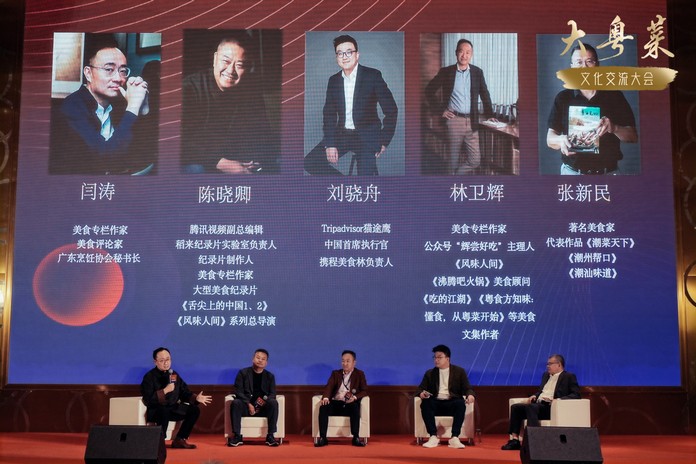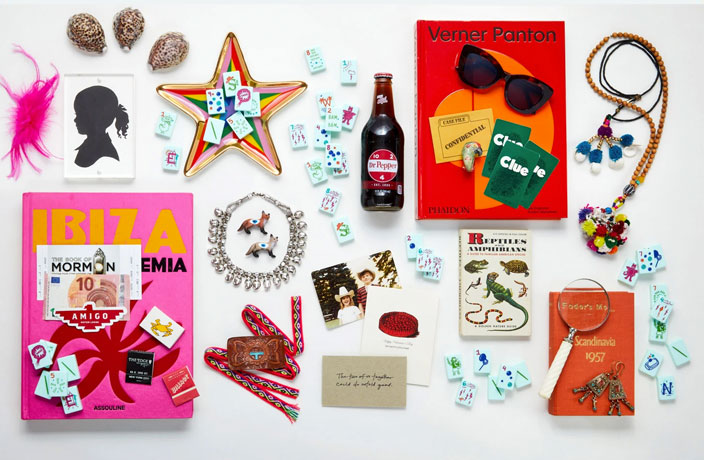By Celine Song and Ned Kelly
From Old Shanghai and the Concession Era to Reform and Opening Up, via the Japanese Occupation, Civil War, birth of the People's Republic, Great Leap Forward and Cultural Revolution, Lao Shanghairen was a series where we talk to ordinary citizens who lived through extraordinary times.
At the time of this 2011 interview, Fu Tao was 84 years old.
Born in 1927, Fu Tao remembers Old Shanghai as a time and place of opportunity.
“In those days, Shanghai was a paradise for adventurers. People of courage and insight, foreign people and people from other provinces all built their fortune here.”
Fu says reminders that Chinese people were considered second class citizens in their own country were constant though.
“Loss of sovereignty and an identity of colonial slaves was felt everywhere. We had to bow to the Japanese we met on the street or we would get beaten or even killed.
“The officers at the customs were foreign people. We got the land beside Sassoon House [the Peace Hotel today] after WWI and were to build a China Bank on it. The design had to be changed because the British wouldn’t allow our building to be taller than theirs. A trial took place in a court in London and, of course, we lost."
China Bank was built 30 cm shorter than the tallest point of Sassoon House.
“The foreigners enjoyed privileges on our land,” continues Fu. “They didn’t get punished if they committed crime. Even after Kuomintang had taken over, we were still not protected against the bad people among the foreigners.”
According to Fu, modern depictions of the era are riddled with inaccuracies.
“Films and TV series of the old time today are simply ridiculous to people like me. There are countless confusions, mistakes and unacceptable adaptations. They don’t do research at all.
"For example, women in the old times never had a slit high up to the thighs at the side of their qipao. They were still very conservative.”
Fu recalls the Japanese surrender in 1945.
“The Kuomintang was a little behind the US marines taking over Shanghai. The American soldiers needed money to enjoy themselves in the bars and clubs, so they often traded interesting things with the locals.
"A great quantity of goods and materials prepared for the needs of WWII still remained when the war suddenly terminated. These things were put into the Shanghai market, making life in that period quite abundant.”
In 1946 Fu enlisted as a marine in the Kuomintang.
“I joined without knowing exactly what politics was about and whose side I should be on. We shipped along the coastline of China without actually battling, as the Communist Party didn’t have any marines at all at that time.
"We only helped a bit when the ground forces were battling in the Northeastern provinces. Then in 1949, when the Kuomintang was retreating to Taiwan, a lot of soldiers chose to stay and join the PLA. I was one of them.”
He was offered the chance for further education.
“When I graduated from the Shipbuilding Institute in Jiaotong University, I was already in my 30s. I then became the first representatives from the army in Jiangnan Shipbuilding Factory.”
Fu stayed working in the factory all his life.
“One’s career was decided by the Party. Everybody was a screw to be put into the hole in which they were needed. You could write an application if you wanted to go to college, and see if it would be approved. But if you want to change a job, it was simply impossible.”
Today Fu enjoys the welfare of a retired cadres, which means more than RMB10,000 per month as well as other benefits.
“According to the policy, people joined the revolution before September 30, 1949 are eligible for such treatment. If you joined the Party one day later, you are not. ”
Fu says his opinion of modern Chinese can be summarized by three characters: kan bu guan看不惯, meaning ‘can’t accept’ on intolerant.
“Consumption is so high. What happened to our old tradition of hard work and thrift?”
He also says you people have lost respect for their elders.
“People don’t stand in the queue at the bus stop and young folk pretend to be sleeping when they see an old man get on the subway. The phenomenon of Fu Er Dai 富二代 and Guan Er Dai 官二代 (children of the rich and officials) is simply so bad. Young people are so arrogant these days.
“Money is unquestionably the master of our society now. A typical way to cheat us old people is to promote so-called healthcare products. I never believe in them but my wife thinks she needs them. They never work.
"I don’t know how much we’ve put into this. The general mood of society is not so good. And it is really weird that the country gets rich while the common folk don’t.”
Fu believes things could get better in the future though.
“A recent government conference put forward the idea that we must improve our culture. And a basic point of cultures is the moral concepts of the mass. It is good that the government has noticed this. The future of the nation can still be very promising if this strategy can be adhered to.”
This article first appeared in the November 2011 issue of That's Shanghai.





















0 User Comments